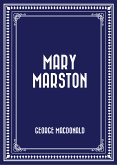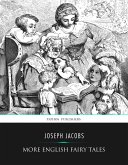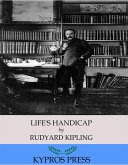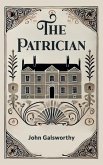In "Mary Marston," George MacDonald weaves a poignant narrative that combines elements of Victorian realism and romantic idealism. The novel follows the life of Mary, a strong-willed protagonist who navigates the challenges of love, faith, and self-discovery against the backdrop of societal expectations. MacDonald's lyrical prose, rich in allegorical significance, delves into themes of kindness, sacrifice, and the quest for personal integrity, reflecting the author's deep preoccupation with moral and spiritual growth. The text is both a gripping tale of personal turmoil and an exploration of the values central to MacDonald'Äôs Christian ethos, making it a significant work within the Victorian literary landscape. George MacDonald (1824-1905) was a Scottish author, poet, and pioneer of the fairy tale genre, profoundly influencing notable writers such as C.S. Lewis and J.R.R. Tolkien. His experiences in the Scottish Highlands, combined with his theological pursuits, shaped his literary voice. MacDonald's commitment to exploring the intersection of morality and creativity in his work led him to craft narratives such as "Mary Marston," in which he examines how individual choices resonate within the broader tapestry of human experience. I wholeheartedly recommend "Mary Marston" to readers seeking a profound exploration of the human spirit. Its rich character development, moral undertones, and elegant prose will resonate with those who appreciate literature that both entertains and challenges. MacDonald'Äôs insights into love and faith render this work timeless, appealing to contemporary audiences seeking depth and meaning in their reading.
Dieser Download kann aus rechtlichen Gründen nur mit Rechnungsadresse in A, B, BG, CY, CZ, D, DK, EW, E, FIN, F, GR, H, IRL, I, LT, L, LR, M, NL, PL, P, R, S, SLO, SK ausgeliefert werden.









